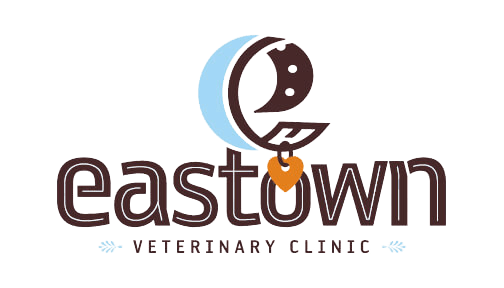Puppy classes play an important role in raising a well-adjusted, well-behaved adult dog.
The age of 6 weeks to 18 weeks is such a formative period, and the things your puppy learns in that window are very important. Building confidence with strangers and other dogs is important before your dog reaches adolescence and is past the impressionable age when these things come naturally. Ideally, your pup should start puppy socialization classes before they are 18 - weeks old.
Our classes allow puppies to develop appropriate social skills in a safe and controlled environment. With a trainer present and supervising to ensure appropriate play, shy or fearful puppies quickly gain confidence in leaps and bounds. At the same time, pushy and over-excited pups learn boundaries and appropriate play manners.
A crucial part of puppy classes is fine-tuning their bite inhibition. Other puppies are the very best teachers. They let each other know, "Bite me too hard, and I'm not going to play with you anymore!" Since young dogs want to spend all their time play-fighting and play-biting, they teach each other bite inhibition.
How to get Started:
All puppies in our classes must be up-to-date on their age-appropriate vaccines, providing a much safer opportunity to socialize than going out in public and interacting with dogs of unknown vaccine history. It's the easiest way to a happy, safe, and friendly adult dog.
Each class will meet once a week for 6 weeks. Classes run for approximately 40 minutes, with time for questions if needed.
You will receive a digital handout containing key points of each week's lessons and helpful infographics.
Because we keep class sizes small, we often have waiting lists to attend. Considering the people and puppies waiting to come to class, the cost of your class is non-refundable after the start date.
FAQs
What if my puppy gets enough socialization at home?
Your puppy may appear well-socialized and friendly at home, but they are only socialized and friendly to the things and people in your home. When they go out alone for the first time, they may fall apart, missing the security and safety of home. Socialization requires meeting a variety of dogs and people in various environments. Puppy class provides a fun, easy way to help accomplish this while protecting young dogs from contagious diseases by ensuring all participants are up-to-date on their medical care, including vaccines and parasite screening.
While socialization is the most important aspect of puppy class, we also learn basic obedience, handling, and boundary-setting for a happy home life. During class, we discuss ways to help your puppy learn house manners and address individual problems & concerns.
What do I need to do/bring for puppy class?
All puppies must wear a flat buckle collar or a head harness (Gentle Leader/Halti Harness) with a leash. Choke chains and/or pinch collars are not permitted. Bring lots of small, tasty treats to class with you.
Please skip your dog's dinner before class. High levels of activity combined with a full belly can sometimes cause stomach upset. Feeding your puppy after you get home on class nights is best.
Who teaches puppy kindergarten at Eastown Veterinary Clinic?
Amy Townsend, a licensed veterinary technician with a background in veterinary behavior and competitive dog sports training, facilitates our classes. She strives to help you understand how, when, and what to communicate to your dog to form a healthy and lasting relationship.
Amy's approach to training focuses on positive reinforcement. She spends time in each class explaining how your puppy interprets your actions and body language and how you can use those things to your advantage in helping your dog understand what you expect from them. She knows how to make precision training fun for pets AND pet parents. Training will continue for your dog's life, so learning how to enjoy it and making learning fun will set you up for a strong positive relationship.

